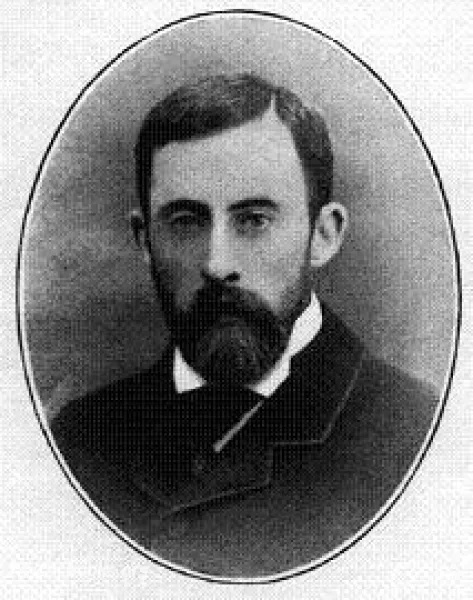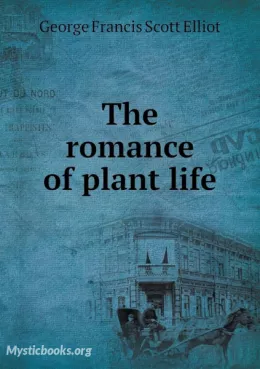
Timeline
Title
Country/Nationality
George Francis Scott-Elliot
George Francis Scott-Elliot (1862–1934) was a Franco-Scots botanist and academic author. He was a personal friend of Patrick Geddes, a Scottish polymath who is considered to be one of the founders of modern town planning.
Early Life and Education
Scott-Elliot was born in Calcutta, India, in 1862 to Franco-Scots parents. His father, James Scott Elliot, was a merchant in Calcutta. Scott-Elliot was educated at Edinburgh University, where he earned a Bachelor of Science degree in botany in 1884.
Career
After graduating from university, Scott-Elliot worked as a botanist at the Royal Botanic Garden Edinburgh. In 1888, he traveled to South Africa and Madagascar to study the vegetation of those regions. He returned to Edinburgh in 1889 and published a number of papers on the flora of Madagascar.
In 1891, Scott-Elliot was appointed Professor of Botany at the University of Aberdeen. He held this position until 1931, when he retired. During his time at Aberdeen, Scott-Elliot published a number of books and papers on botany, including:
- The Flora of Dumfriesshire, Including Part of the Stewartry of Kirkcudbright (1896)
- A Naturalist in Mid-Africa (1896)
- Botany of Today (1905)
- The Romance of Plant Life (1907)
Scott-Elliot was also a prolific writer on other topics, including history, geography, and philosophy. He was a regular contributor to the journal Nature, and he wrote several books on these topics, including:
- Chile (1908)
- The Border Elliots and the Family of Minto (1912)
- Fauna, Flora & Geology of the Clyde Area (1914)
- Nature Studies (Plant Life) (1915)
- A First Course in Practical Botany (1917)
Principles
Scott-Elliot was a strong believer in the importance of education and public service. He was also a passionate advocate for environmental conservation. He believed that it was important for people to understand and appreciate the natural world.
Philosophy
Scott-Elliot's philosophy was based on the belief that all things are interconnected. He believed that humans are part of nature, and that we have a responsibility to care for the planet. He also believed that education and public service are essential for creating a better world.
Death and Legacy
Scott-Elliot died in Dumfries, Scotland, in 1934. He is remembered as one of the most influential botanists of his generation. He was also a prolific writer and a public intellectual who made significant contributions to our understanding of the natural world.
Interesting Facts
- Scott-Elliot was a close friend of Patrick Geddes, a Scottish polymath who is considered to be one of the founders of modern town planning.
- Scott-Elliot was a member of the Royal Society of Edinburgh and the Linnean Society of London.
- Scott-Elliot's book The Romance of Plant Life was translated into several languages and became a popular textbook for students of botany.
- Scott-Elliot was a passionate advocate for environmental conservation. He was a member of the Scottish Nature Conservation Council and the National Trust for Scotland.
Conclusion
George Francis Scott-Elliot was a prolific botanist, academic author, and public intellectual. He made significant contributions to our understanding of the natural world and to the development of modern town planning. He is remembered as a brilliant scientist, a gifted writer, and a dedicated public servant.
Books by George Francis Scott-Elliot

The Romance of Plant Life
Have you ever wondered how plants move, communicate, and survive? In The Romance of Plant Life, George Francis Scott-Elliot takes the reader on a journey into the fascinating world of plants. He explores the strange and curious aspects of plant life...